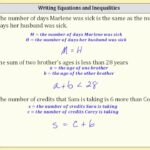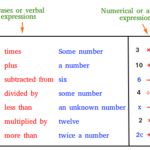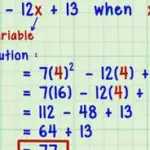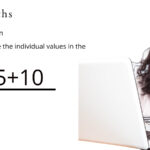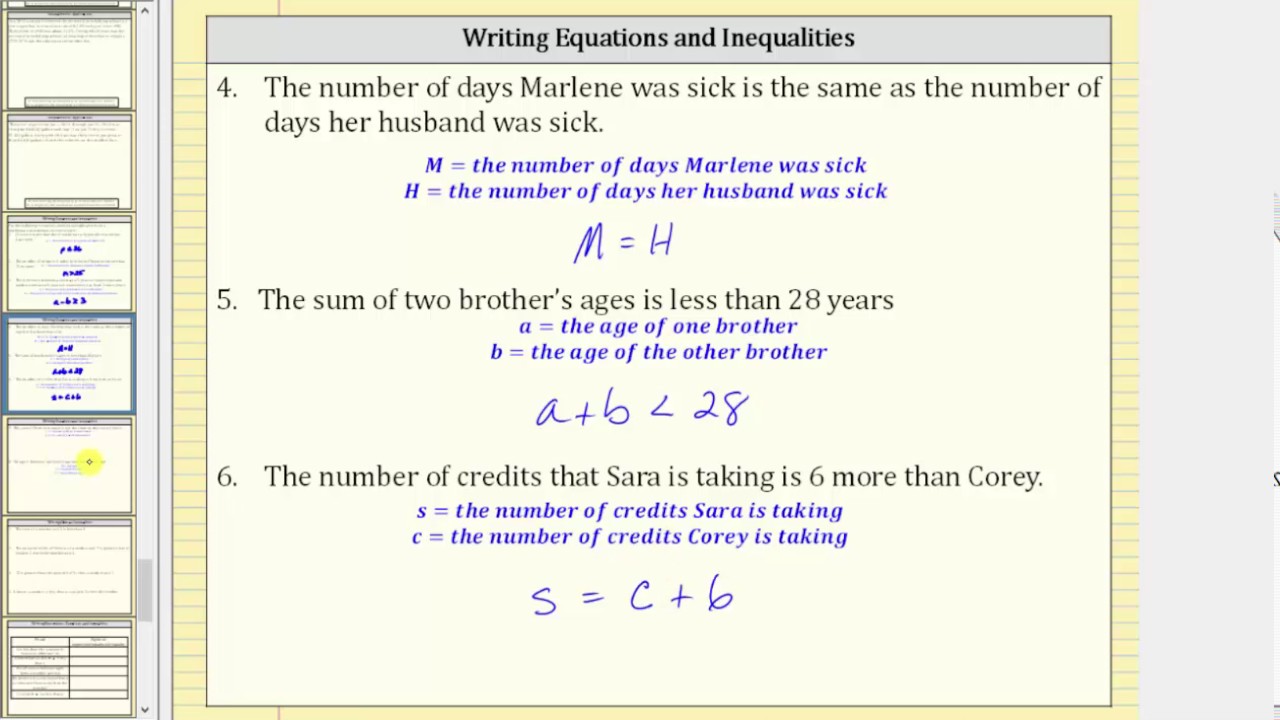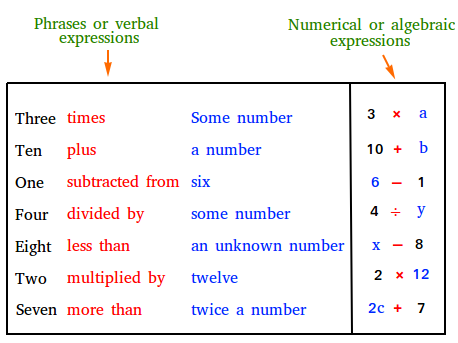Understanding how to round off numbers is a crucial skill that facilitates estimation, simplifies calculations, and enhances numerical fluency. As such, natural numbers serve as the building blocks of our numerical system, representing whole and positive integers in the space of mathematics. Therefore, this blog will embark on a journey through the world of natural numbers, placing a special focus on rounding. Thus, by the end of this exploration, you will gain the expertise to round off numbers to the nearest tens, hundreds, thousands, millions, and even billions, as well as solve problems involving rounding with confidence and precision.
Learnerscamp is a dedicated platform designed to assist learners in comprehensively understanding the subject mathematics and all the concepts of mathematics. Through practical questions and clear explanations, Learnerscamp provides the essential resources to help you grasp the fundamentals of how to round off numbers.
A Comprehensive Guide On How To Round Off Numbers:
- Understanding Natural Numbers:
Notably, natural numbers, often denoted as N, are the set of positive integers starting from 1 and extending infinitely. Moreover, they serve as the foundation of our numerical system and are used extensively in various mathematical concepts.
- Importance of Rounding:
Nonetheless, rounding off numbers is a practical skill used in everyday life and mathematical calculations. Additionally, It simplifies complex numbers, aids in estimation, and makes calculations more manageable. Hence, understanding how to round numbers to different place values is essential for precision and accuracy.
- Rounding to the Nearest Tens:
Firstly, when rounding a number to the nearest ten, we look at the digit in the units place. As such, if it is 5 or greater, we round up; if it is less than 5, we round down. For example:
– 76 rounded to the nearest ten is 80.
– 53 rounded to the nearest ten is 50.
- Rounding to the Nearest Hundreds:
Secondly, to round a number to the nearest hundred, we look at the digit in the tens place. Thus, if it is 5 or greater, we round up; if it is less than 5, we round down. For example:
– 345 rounded to the nearest hundred is 300.
– 678 rounded to the nearest hundred is 700.
- Rounding to the Nearest Thousands:
Additionally, when rounding a number to the nearest thousand, we focus on the digit in the hundreds place. Hence, if it is 5 or greater, we round up; if it is less than 5, we round down. For example:
– 4,567 rounded to the nearest thousand is 5,000.
– 8,432 rounded to the nearest thousand is 8,000.
- Rounding to the Nearest Millions and Billions:
Moreover, rounding off numbers to the nearest millions and billions follows the same principles as rounding to tens, hundreds, and thousands. However, we focus on digits in the millions and billions places, respectively.

Problem-solving with Rounding:
- 1. Guided Illustrations:
Use real-world examples to illustrate rounding techniques. For instance, if a store sells 856 apples and 374 oranges, rounding off the total to the nearest ten simplifies calculations.
- 2. Application in Mathematics:
In mathematical calculations, rounding makes complex numbers more manageable. For example, when adding 234,789 and 125,476, rounding off each number to the nearest thousand before adding simplifies the process.
Point of notice when operating how to round off numbers:
When rounding off numbers, if the preceding number is five and above you add one to the number getting rounded off. However, when the preceding number is less than five, the number getting rounded off turns to zero.
Conclusion:
In conclusion, mastering the art of rounding natural numbers is essential for mathematical fluency and everyday problem-solving. By understanding how to round off numbers to the nearest tens, hundreds, thousands, millions, and billions, as well as applying these skills in problem-solving scenarios, you enhance your mathematical proficiency and precision. So, let’s embark on this journey through the world of natural numbers, armed with the knowledge and skills to round off numbers with confidence and accuracy.
So, the next time you encounter a number, remember the power of rounding to simplify calculations and enhance your understanding of numerical concepts.


